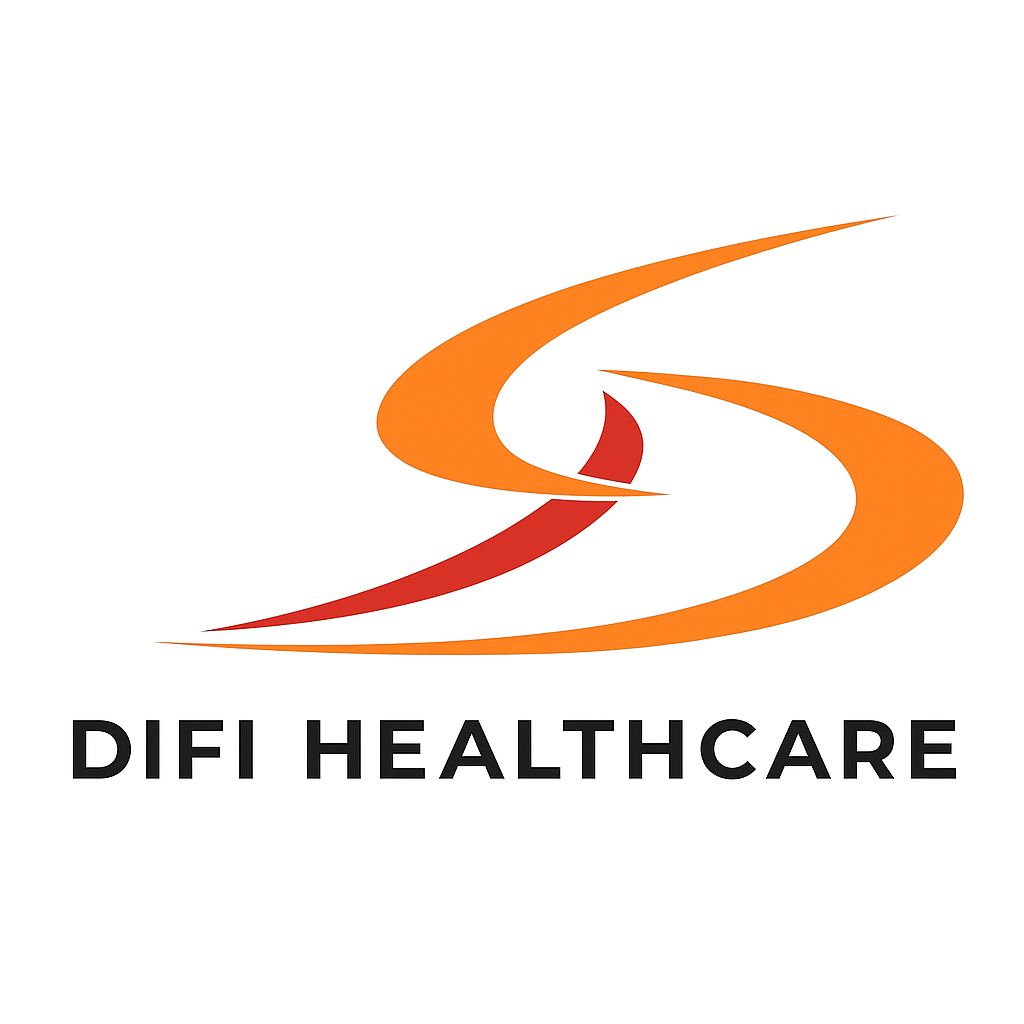HIDA Scan – Advanced Imaging for Gallbladder and Liver Function
A HIDA Scan (Hepatobiliary Iminodiacetic Acid Scan) is a specialized nuclear medicine imaging test used to evaluate the function of the liver, gallbladder, bile ducts, and small intestine. Many patients looking for solutions to gallbladder-related issues search for a HIDA Scan for gallbladder problems, as this test provides highly accurate information about bile production and flow through the biliary system. It plays a key role in diagnosing conditions such as gallstones, biliary obstruction, bile leaks, and cholecystitis (gallbladder inflammation).
At DIFI Healthcare, we offer one of the most reliable HIDA Scan for gallbladder problems services using advanced gamma camera technology and safe radioactive tracers to deliver high-quality, detailed images. Our experienced nuclear medicine specialists ensure every HIDA Scan for gallbladder problems is performed with precision, comfort, and maximum patient safety, helping patients receive accurate diagnosis and timely treatment.
A few things we’re great at
Preparation Guidelines for a HIDA Scan
To ensure the most accurate results, please follow these preparation steps:
• Fasting Required: Avoid eating or drinking anything for 4–6 hours before the scan.
• Medications: Inform your doctor about any medications, especially painkillers, antibiotics, or opioids.
• Pregnancy & Breastfeeding: Notify the technician if you are pregnant or nursing for appropriate safety measures.
• Hydration: Drink water after the scan to help flush out the tracer.
• Medical History: Bring any previous ultrasound, CT, or liver test reports for comparison.
How a HIDA Scan is Performed
- A small amount of radioactive tracer is injected into a vein in your arm.
- The tracer travels through your bloodstream to your liver, where it is taken up by bile-producing cells.
- The tracer then moves through the bile ducts, gallbladder, and small intestine.
- A gamma camera captures a series of images over 60–90 minutes, showing how bile flows through the system.
- In some cases, a hormone (CCK) or medication is given to stimulate gallbladder contraction for better analysis.
- The entire process is painless and typically completed within an hour and a half.
Why Choose DIFI Healthcare for Your HIDA Scan?
- Advanced Gamma Camera Technology – Delivers sharp, accurate, and dynamic imaging results.
- Experienced Nuclear Medicine Experts – Highly trained professionals ensuring precise diagnosis and patient comfort.
- Fast & Reliable Reporting – Quick turnaround for faster treatment planning.
- Affordable Diagnostic Packages – High-quality scans at budget-friendly prices.
- Patient-Centric Care – A safe, supportive, and professional environment for every scan.
